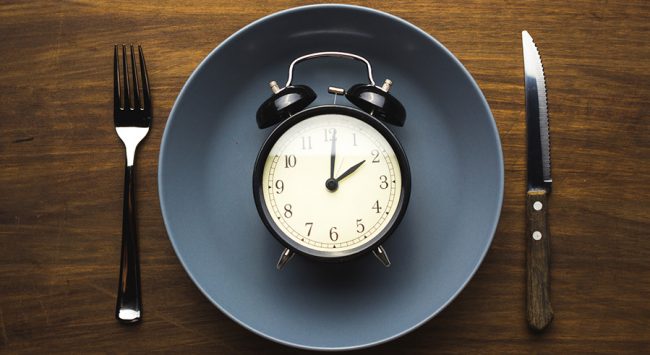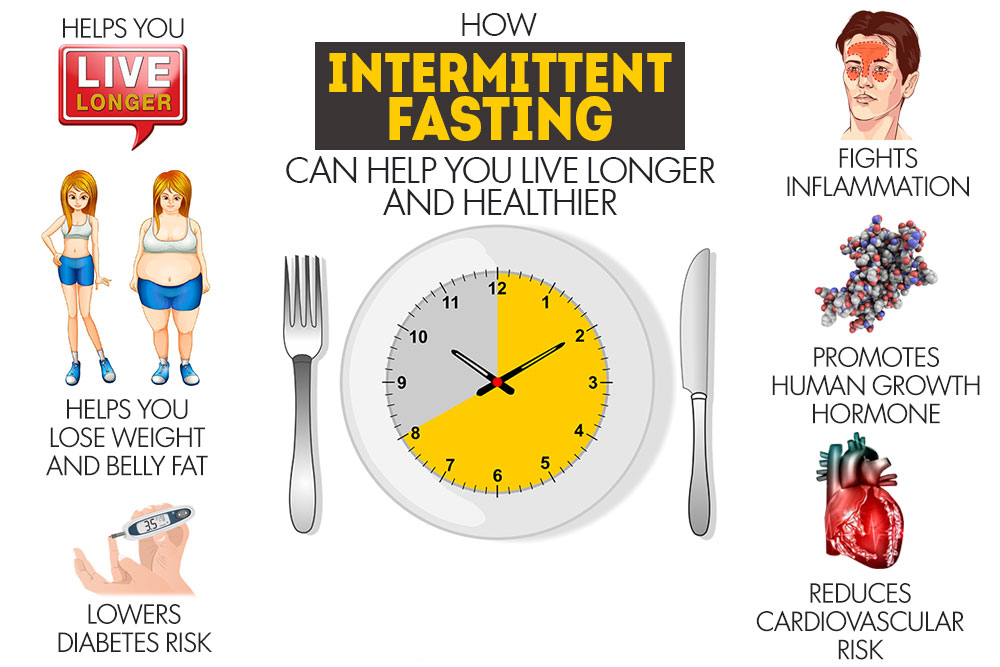If you are looking for a suitable eating pattern to lose weight while maintaining your health at the same time, intermittent fasting may be your perfect choice. Not only is it beneficial to your overall well-being, but it can even be customized according to your lifestyle. In fact, this eating pattern gained fame because many Hollywood celebrities swear by it, including Miranda Kerr and Ben Affleck.
What is intermittent fasting?
Although starving for weight-loss is a taboo in the health world, intermittent fasting is beneficial for the body. This is because it involves an eating pattern in which the day is divided into intervals of eating time and fasting. People can choose when they eat or fast. However, health professionals have warned to limit fasting hours and not go over the limit, as they may experience health problems.
Eating Patterns of Intermittent Fasting
During Intermittent fasting, people are already considered fasting when they sleep at night. The rest of the day is just an extension of that fasting period. Depending on your lifestyle, there are different ways that you can allocate your fasting and eating time.
16/8 pattern: For this fasting method, people would be expected to fast for at least 16 hours each day. One example of time allocation is eating only between noon and 8pm. The 16/8 method can be the starting point to get used to fasting on a daily basis. It is advised to eat normal servings, as binge eating on junk food or overeating can undo its weight-loss effects. This method is known to be the easiest way to practice intermittent fasting.
Eat-stop-eat: The recommended fasting time for Eat-Stop-Eat is once or twice a week, for 24 hours. An example of time allocation is to eat dinner in a day and fast until dinner the next day.
Specifically for this method, more caution is given. Weight-loss Guru Brad Pilon warns people not to do this more than twice a week, as doing it once a week already creates a 10% calorie deficit. If 24 hours is too much, 20 to 24 hours will be sufficient. He also advises others to eat moderately on non-fasting days, as much as 2,000 calories for women and 2,500 calories.
The 5:2 pattern: This eating pattern requires people to eat normally for 5 days, then only eat 500-600 calories for two days of the week. These two days must not be in line, and there must be 1 non-fasting day in between.
Health Benefits of Intermittent Fasting
Intermittent fasting is said to create a multitude of health benefits from mental to physical health. In fact, many health enthusiasts and doctors have hailed its benefits. First, putting the body in moderate amounts of stress triggers autophagy. Autophagy refers to the process in which body cells eat other redundant cells (dead, diseased and worn-out cells) and recycles it to create new ones. As a result, the body will feel refreshed as the body is filled with new cells.
Other than that, intermittent fasting maintains brain function through autophagy. Fasting creates stress to the brain, so it limits its neural activity and stores remaining energy. This resting state is claimed to be equivalent to rebooting the brain. Thus, you will feel more refreshed and awake.
These eating patterns are also suggested to lower the risk for neurodegenerative diseases such as Alzheimer’s and Parkinson’s disease.
Third, it decreases a person’s level of blood sugar, cholesterol and insulin. Therefore, fasting is useful to prevent and decrease chances of heart disease, diabetes, and cancer.
Fourth, intermittent fasting aids with weight loss. The use of stored energy triggers the hormones Norepinephrine and the human growth hormone, both creating a weight-loss effect to the body. The decrease of insulin levels also meant that the liver was producing more stored insulin in the body. As a consequence, our metabolism tends to rise during fasting period.
Even with the many positive aspects of intermittent fasting, there are many things to consider. Intermittent fasting is not a diet that you can do so suddenly but needs practice and adjustment. Motivation, immense willpower and dedication is needed to achieve it. The starting phase is always the toughest as your body adjusts to the lack of food. However as time goes on, the hunger will fade.







